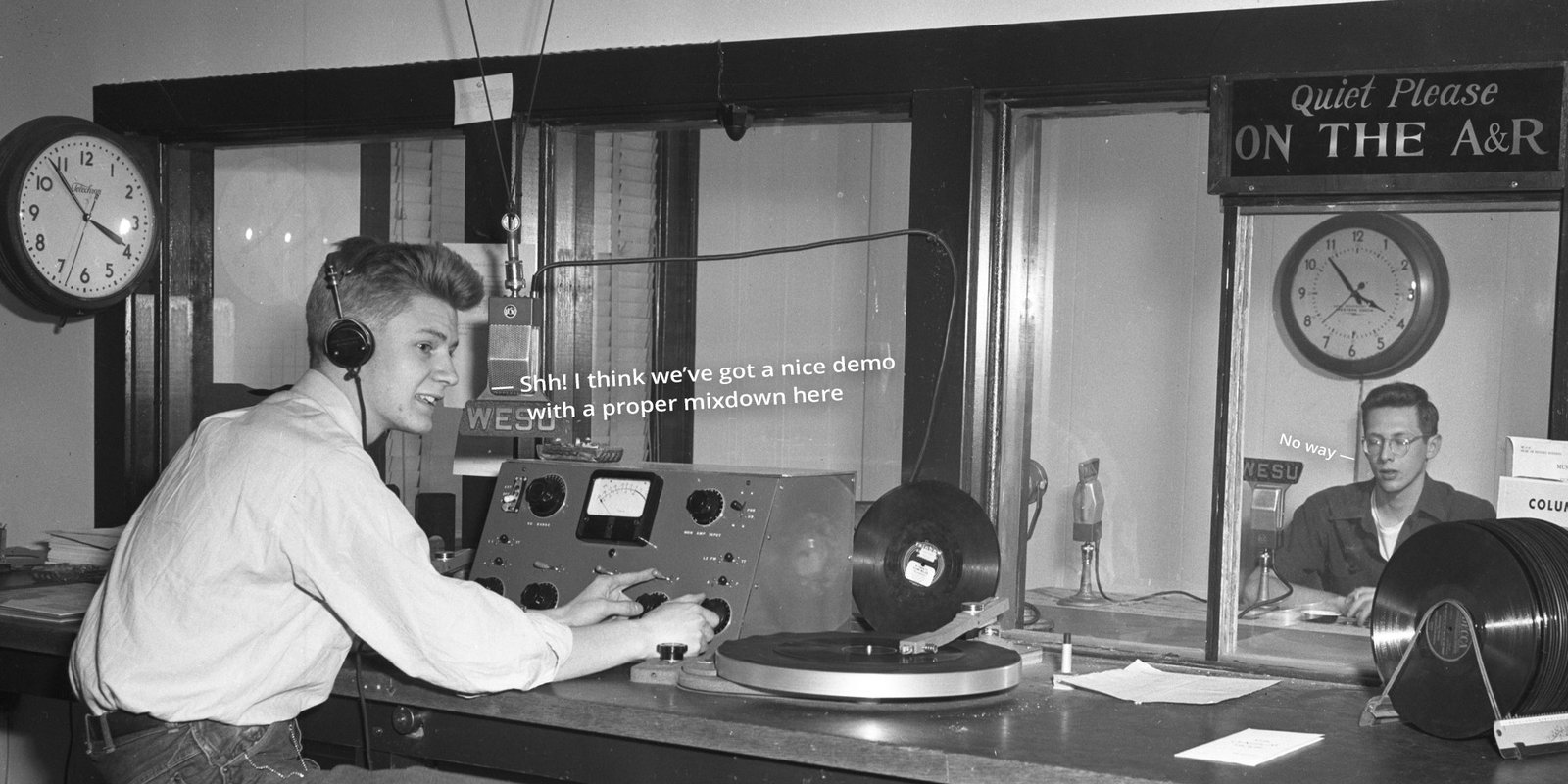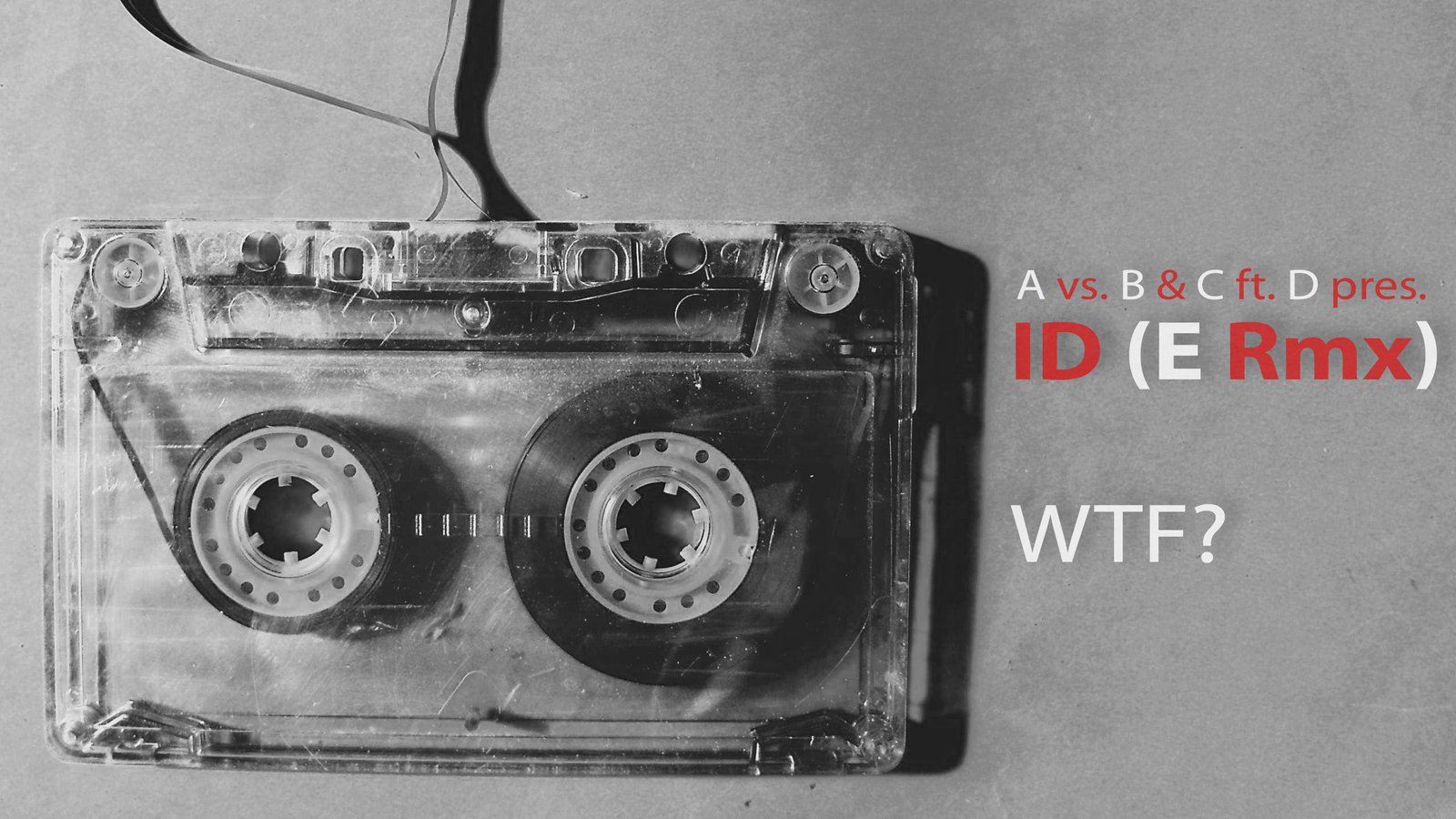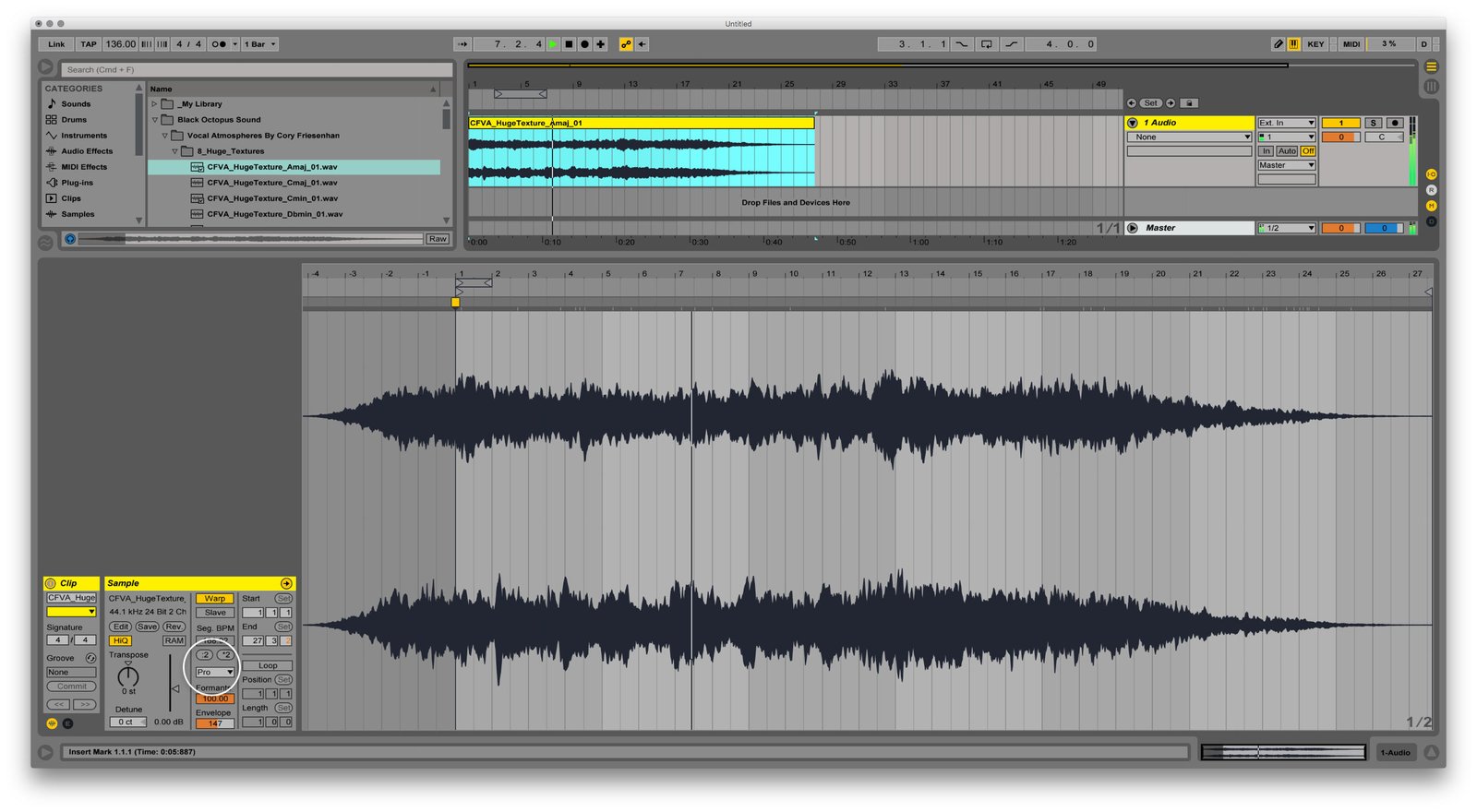Mixing and mastering when dealing with record labels

When you send a finished track to a label, would you mix and master yourself, or would they prefer to have all the individual tracks and mix it themselves? And do most labels have an in-house mastering engineer who would master the track?
From the previous question of Hamish Strachan
Great questions as I see many producers get confused with it.
Basically, mixing was a part of the post-production process as originally it comes from acoustic music where they use a process called multitrack recording — each instrument is recorded separately and then consolidated in a “mix”. But electronic music is different — you are a composer, sound designer, producer, and half-engineer all at one person. It’s both art and science.
In electronic music, mixing is considered as a part of the production process, which means that when you saying “I’ve finished a new track”, it supposed to be mixed already. This is your duty along with making a great track in the first place. That’s why labels expect to receive demo with a proper mixdown as a single audio file.
Mastering is a different story. Usually, record labels accept non-mastered tracks and offer “in-house” engineer’s service, but it can be kinda tricky. That “in-house” engineer doesn’t necessarily have to be a staff member, most likely it’s a 3rd-party specialist, just someone they trust.
Some producers think that getting mastering done on a label saves their money. In reality, it’s not really true. Usually, all contracts are written in a complex language that only lawyers can understand, and somewhere between all those rubbish, it says that all production costs will be deducted from the income.
Speaking about the contracts, see this: “Label re-released a track without my consent. Is it okay?”
Let’s say, you’ve got a $100 of pure revenue from the sales. Most record labels deals imply 50:50 share, so both you and the label get $50 each. But if you have mastering done by the label, audio engineer’s fee will be deducted from that revenue. Same applies to a custom-made artwork and other expenses.
Best practices
To summarize, I advise the following:
- Make a proper mixdown by yourself, it comes with experience and trained ears.
- If you want to make mastering on a label, make sure to send them a single audio file, rendered in uncompressed WAV or AIFF formats, 44.1 kHz, and 24 bit.
- Ask label to tell more about their in-house engineer: what’s his name and where you can listen to examples of his work. Usually, credible labels work with the best engineers, so this is not a problem, but not every smaller label can afford it simply because not every release generates enough income to cover the expenses. As a result, smaller labels either do their own mastering (usually by a label owner himself) or hire low-cost external engineers — and most likely, in both cases the result is mediocre.
- If you dealing with a smaller label, find a mastering engineer to make mastering for you. Here is the list of some trustworthy names to get started. This way is not much more expensive than doing mastering on a label but gives you more control over the result.
Read also: Insights on sending a demo to a record label



Thanks for this! got new ideas after reading this:)
do Digital om Productions accept demos of unmastered tracks?
You should address this question to Digital Om :-)
Great post! The site provides valuable insights into mixing and mastering for record labels, offering useful tips and guidance for aspiring music producers and engineers.